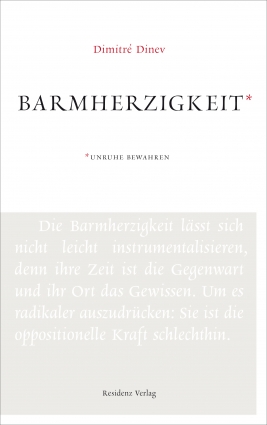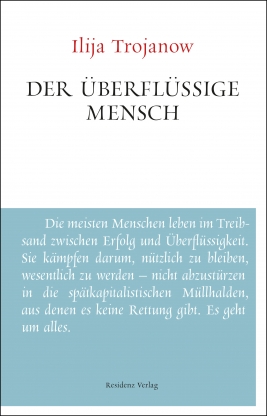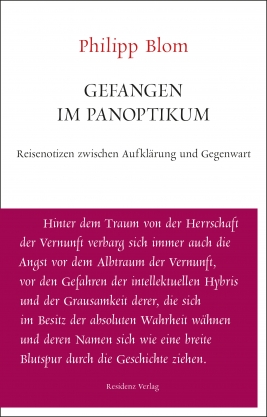
Elisabeth Beck-Gernsheim - Reproductive medicine and its progeny
Erfolge - Risiken - Nebenwirkungen
Designer babies and dream children – where are the ethical boundaries to what is technical possible?
Throughout the world, hi-tech reproduction medicine is paving the way for whole new forms of intervention into human life. Between supply and demand, a global market for dream-child medicine has grown up, its services ranging from in-vitro fertilisation to selecting the child’s sex, from illustrated catalogues of semen and egg-cell donors to the provision of surrogate mothers. Looking at this vast array, Elisabeth Beck-Gernsheim asks some urgent, critical questions: are the wishes of parents choosing their ideal child compatible with that child’s needs? Should everything technically possible actually be done? And if not, what are the limits and who should define them?
Book details
from the series "Keeping Uncalm"144 pages
format:140 x 220
ISBN: 9783701716555
Release date: 02.06.2016
License rights
- World rights available












